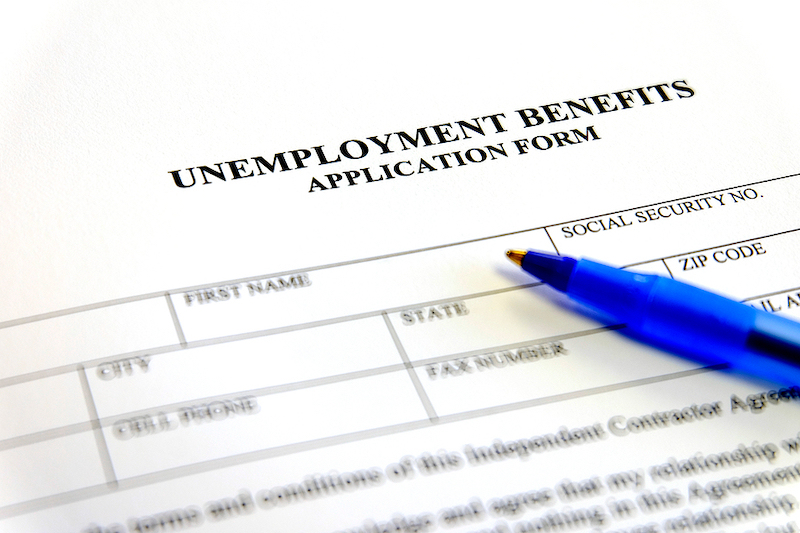
As we know, in times of strife, some people will take advantage of systems that are meant to assist and provide to those in need.
Or, to be less polite, when a crisis strikes, the scammers come out.
From a scammer’s point of view, what better time to take advantage of people than when they’re desperate and unemployed?
Those criminals will seek to get what they can by using you (or your Social Security number) to get money that isn’t theirs. The result: Your financial credibility is damaged, and you have a mess of red tape to clean up.
The CARES (Coronavirus Aid, Relief, and Economic Security) Act expanded states’ ability to provide unemployment insurance for many people, including those who would not normally be eligible for benefits. The Pandemic Unemployment Assistance (PUA) program, which was created as part of that act, resulted in a flood of new unemployment applications. With states trying to get benefits to those in need as quickly as possible, criminals jumped in to take advantage of the system and exploit innocent people.
Relief Programs Create Criminal Opportunities
All across the country, criminals have victimized many people by impersonating them and using their Social Security numbers. Many Americans are facing delays in their unemployment checks because of fraudulent unemployment insurance claims filed with stolen Social Security numbers.
According to the FBI, complaints of fraudulent unemployment insurance claims complaints have spiked during the ongoing COVID-19 pandemic from criminals using stolen personally identifiable information (PII).
What Criminals Are Doing
We’ve seen reports of individuals receiving debit cards from legitimate banks to be used to access state unemployment funds. The problem: People who didn’t file an unemployment claim, and in some cases live in another state, are receiving them. Although it isn’t clear how the criminal obtains the money, it opens the door to fraudulent identity theft.
There have even been incidents of prison inmates filing for and receiving unemployment benefits.
How Would You Know?
You may not even know your information has been used to file for unemployment benefits until you either:
- File for yourself
- Are notified by your employer
- Receive your IRS form 1099-G showing what you have supposedly received
Some states have started developing additional measures to safeguard against false unemployment applications, but the problem remains.
What to Do
If you believe you’ve been the victim of this type of fraud, you should report it to your state. The U.S. Department of Labor lists state fraud hotlines.
You should also contact the three major credit bureaus (Experian, TransUnion and Equifax) to place a fraud alert on your credit records. In addition, you should notify the Internal Revenue Service by filing an Identity Theft Affidavit (IRS Form 14039).
Tips for Protecting Yourself
Following are best practices to protect you against identity theft, even in non-pandemic times:
- Request your credit report annually or more frequently and check for fraudulent activity. Aside from checking balances or new accounts, look for any new telephone numbers or addresses that shouldn’t be there
- Be especially cautious of emails, telephone calls and text messages that ask for personal information or other sensitive information such as date of birth or Social Security numbers
- Immediately report unauthorized transactions to your financial institutions or credit card providers












